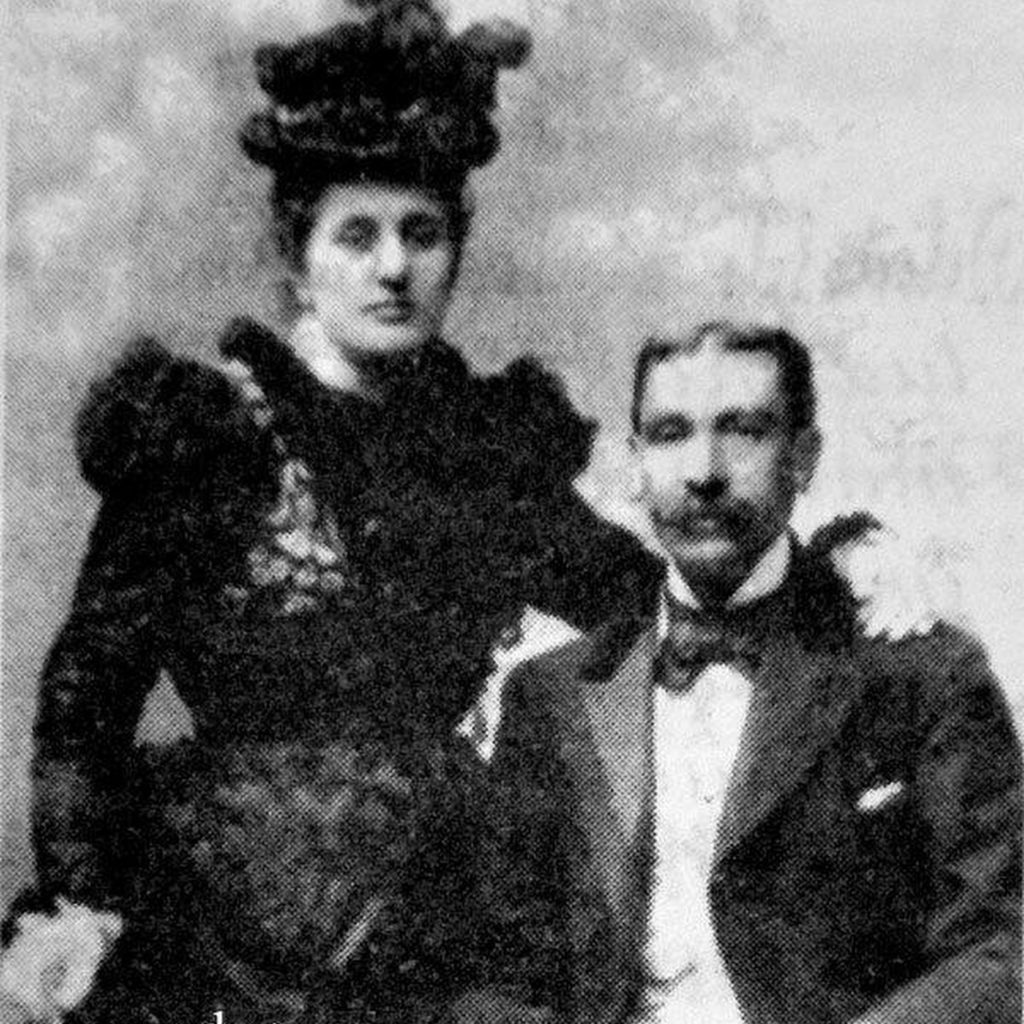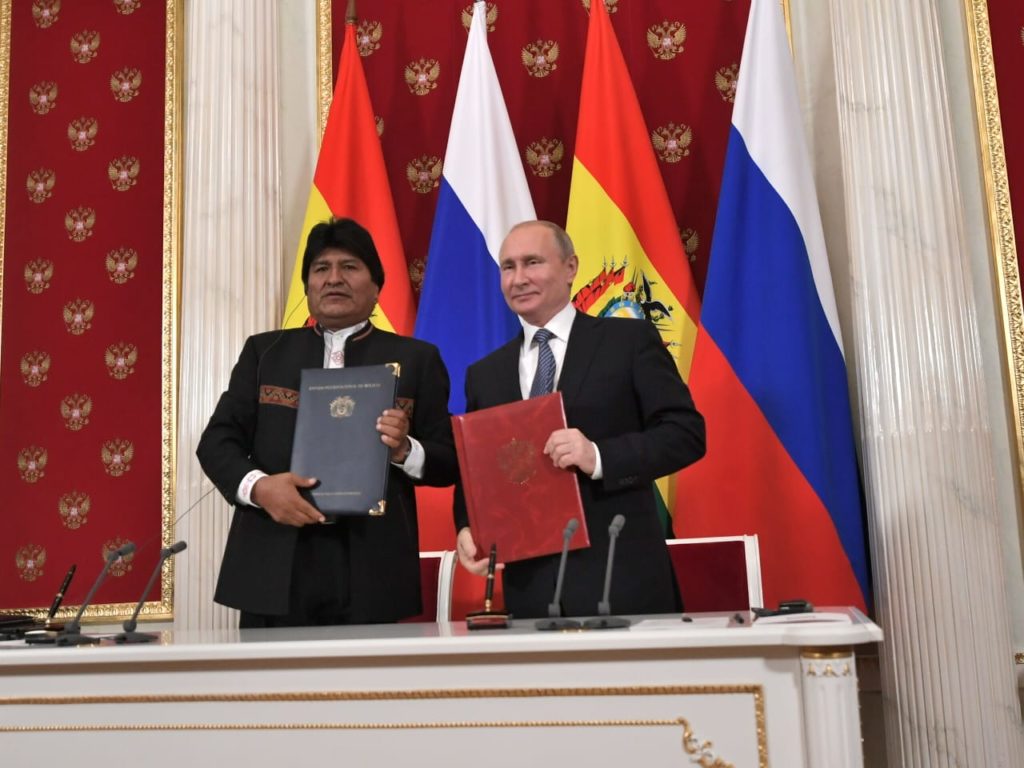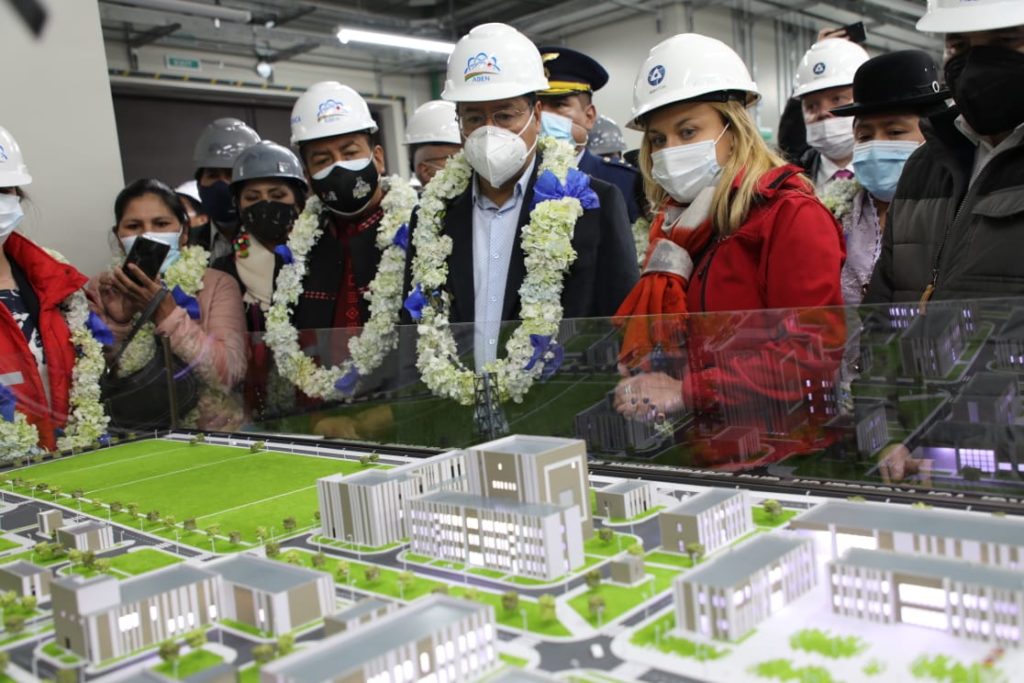On August 9, Russia and Bolivia celebrated the 123rd anniversary of the establishment of diplomatic relations between the two countries. The ceremonial event took place at the Bolivian Foreign Ministry. During a period significant for international diplomacy, relations between the two countries have experienced ups and downs. However, Russia and Bolivia have come up to this year with a significant “baggage” of successful and promising projects. The “LACRUS” editors decided to trace the main pages of the history of bilateral interaction, as well as highlight the main points of contact between the two countries.
The earliest diplomatic contacts between the Russian Empire and Bolivia were established in the 19th century. On August 9, 1898, the Envoy of Bolivia in Paris, Francisco de Argandoña, presented Nicholas II with his credentials, accrediting him as Bolivian Envoy in Russia.
On April 18, 1945, diplomatic relations were established with the USSR. However, the Embassies of the two countries were opened in both capitals only in 1969. On December 27, 1991, the Republic of Bolivia recognized the Russian Federation as the successor state of the USSR. On July 26, 1996, the Treaty on the Basics of Relations between the Russian Federation and the Republic of Bolivia was signed.

In November 2006, when the President Evo Morales (Spanish – Juan Evo Morales Ayma) came to power in Bolivia, there was a significant breakthrough in the intensification of Russian-Bolivian diplomatic contacts, which to this day is characterized by the intensification of political dialogue and trade and economic cooperation.
In November 2008, within the framework of the official visit of the Russian President Dmitry A. Medvedev to Venezuela, he met with the President of Bolivia, Evo Morales. Then, at the invitation of the Russian leader, Morales paid an official visit to the Russian Federation on February 16, 2009 and became the first Bolivian president to arrive in Moscow since the establishment of diplomatic relations between Russia and Bolivia. Subsequently, contacts at the highest and high level became regular. The former Bolivian President Evo Morales visited Russia twice more: in 2018 – as part of the FIFA World Cup and in 2019 – on an official visit. These meetings made it possible to sign a number of important agreements in the field of bilateral relations, conclude significant contracts in the field of hydrocarbon and mineral extraction.

On August 9, as part of the celebration of the 123rd Anniversary of the establishment of diplomatic relations between Russia and Bolivia, the Bolivian Foreign Minister Rogelio Mayta (Spanish – Rogelio Mayta Mayta), his deputy Freddy Mamani (Spanish – Freddy Mamani Machaca) and the Ambassador of the Russian Federation Mikhail N. Ledenev addressed the assembled officials of the Bolivian Foreign Ministry. It was noted that today bilateral cooperation is at one of the best stages of its development, it is characterized by a high degree of trust and mutual understanding. An indicator of this is the active and intense dialogue between the presidents Vladimir V. Putin and Luis Arce Catacora (Spanish – Luis Alberto Arce Catacora), foreign ministers of the two countries. In their speeches, the participants in the solemn meeting emphasized that productive interaction is maintained between Bolivia and Russia in international organizations, and cooperation continues in the fight against the pandemic. The day before, the Bolivian government received another batch of the second components of the “Sputnik V” vaccines in the amount of 200 thousand doses.
During this year, the Minister of Defense Edmundo Novillo (Spanish – Edmundo Novillo Aguilar) and the head of the Ministry of Energy and Hydrocarbons Franklin Molina (Spanish – Franklin Molina Ortiz) have already visited Russia. In recent months, preparations for the 3rd meeting of the Russian-Bolivian intergovernmental commission on trade and economic cooperation have been actively underway, which will determine further practical directions of bilateral ties.
It should be noted that in recent years, the most dynamic development has been achieved in cooperation between the two countries in the gas sector. In August 2013, the first contract was signed, which allowed “Gazprom” (together with the French company “Total”) to begin work on the Ipati-Aquio gas field. In February and September 2016, the Chairman of the Board of “Gazprom”, Alexey Miller, visited Bolivia, during which three agreements on cooperation with the National Oil and Gas Company of the country “YPFB” and a Joint Action Plan for their implementation were signed. This project will has a key importance for bringing cooperation in the gas sector to a qualitatively new level. In accordance with the agreements, “Gazprom” has begun work on updating the General Scheme for the Development of the Bolivian Gas Industry until 2040.

In the past few years, the parties have identified interaction in the energy sector as one of the most significant areas of bilateral cooperation. One of the most ambitious projects was the agreement signed on September 19, 2017 between the Bolivian Nuclear Energy Agency (ABEN) and the “State Specialized Design Institute” JSC (“GSPI”), which is part of the Russian state corporation Rosatom, for the construction of the Center for Nuclear Research and Technology (CNIT) in El Alto. This project will allow Bolivia to reach a qualitatively new level of scientific research. In 2021, it is planned to open a Multifunctional Irradiation Center for the processing of agricultural products, as well as an Isotope Production Center for the treatment of oncological diseases.
Since 1991, more than 20 international legal documents have been concluded between the Russian Federation and Bolivia. Among them are agreements on cooperation in the fight against drug trafficking, in support of entrepreneurship, tourism, cultural, scientific, and military-technical cooperation, consultations between foreign ministries and others. Currently, the parties continue to work on expanding the legal framework of bilateral relations in the interests of developing more rational and practical cooperation in the fields of hydropower, mining, education, health, sports, through the ministries of communications, culture and internal affairs.


